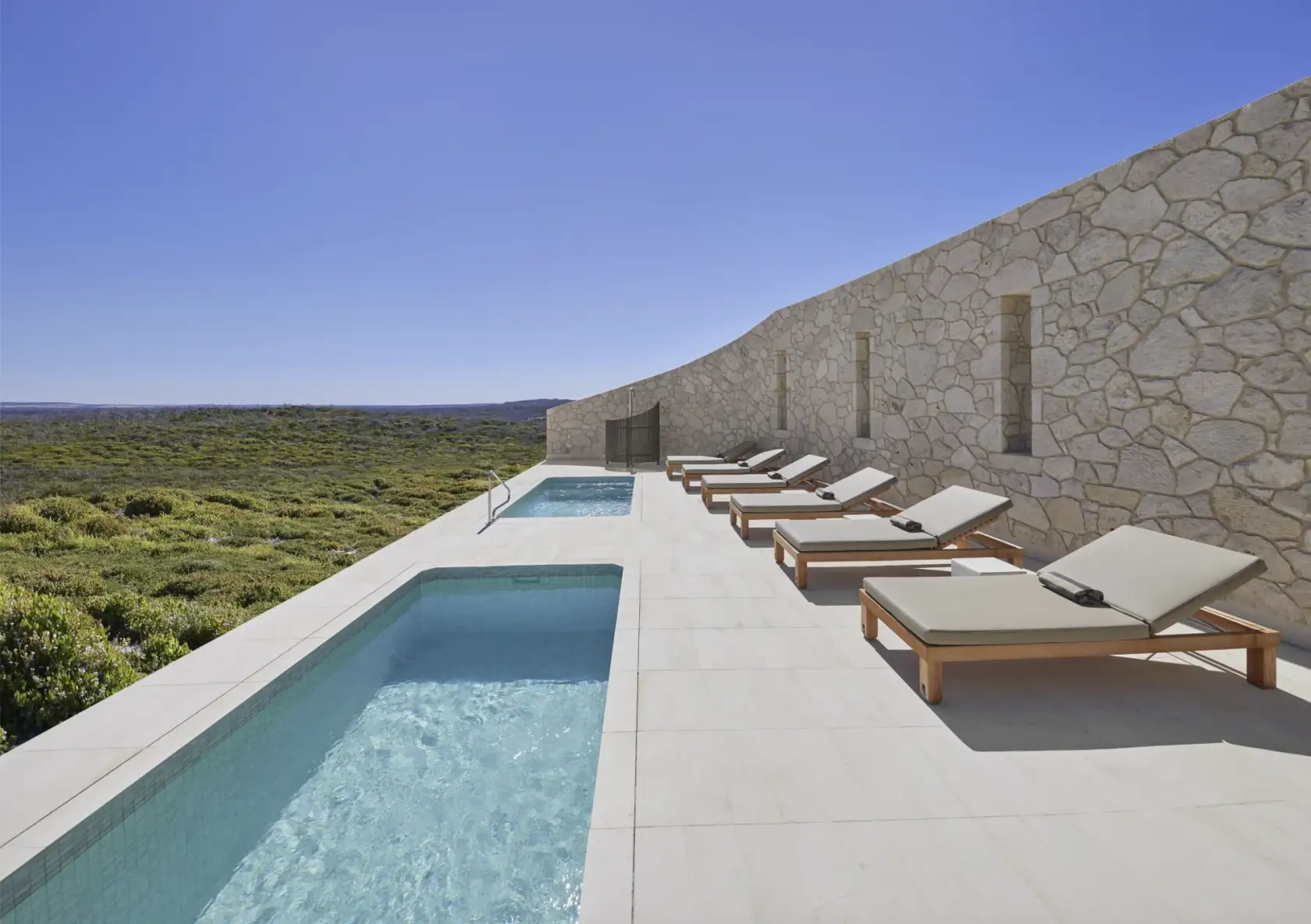

Inverter heat pumps
The introduction of Inverter technology has become a popular choice for Pool owners. If you want to swim in your pool every day, require exercise regularly, or need warm consistent water temperatures for therapeutic reasons, an inverter heat pump is the ideal solution.
Inverter heat pumps deliver a solution that creates improved efficiencies, reduced running costs, reduced emissions, and improved performance when compared to the traditional Standard On/Off type Heat pumps.
How it works
Operating on a similar principle to an air-conditioner system, an inverter heat pump absorbs the available energy from the surrounding air, and the electrical pump transfers the heat into the pool through a series of processes. Warmer air temperatures in summer or northern states will mean that a heat pump has a better energy source to draw from and will heat your pool faster.
Energy efficiency
An inverter heat pump is one of the most energy-efficient electric pool heating systems available and produces more energy than they consume.
In ideal warmer climatic conditions they can produce up to 16 times more energy than what they consume. For every 1 kW of electricity used, up to 16 kW of heating can be produced to heat and maintain pool temperatures. This is referred to as the COP (coefficient of performance). Generally speaking, the average COP of an inverter heat pump around Australia will be more like 4 to 6 as peak performance applies only to ‘maintaining’ a pool temperature requiring warm & humid weather conditions.
Most of the energy needed to heat a pool is when the initial heat process occurs to get up to temperature so the heat pump needs to run at full speed. Once a pool gets to temperature, the inverter technology kicks in which is much like a cruise control on a car. Most of the fuel/power is used to get up to speed/temperature, and then to maintain the speed/temperature the power consumption naturally reduces.
It is strongly recommended to limit the amount of Heat loss by using a pool cover, in fact the National Construction Code now mandates a pool cover on newly built pools if your only form of heating is a heat pump or gas. This is to reduce heat losses from your pool which reduces the energy consumption of a heat pump. It is always best to leave the pool cover on when the pool is not in use, otherwise your pool will cool down requiring the heat pump to work harder and the more expensive it becomes to run.
